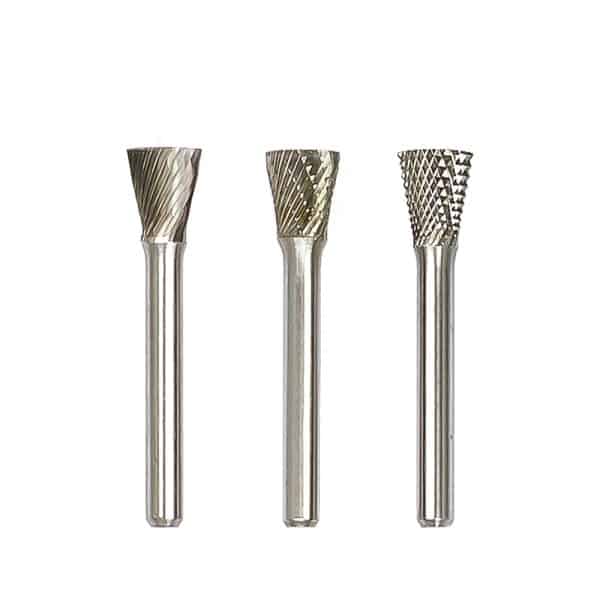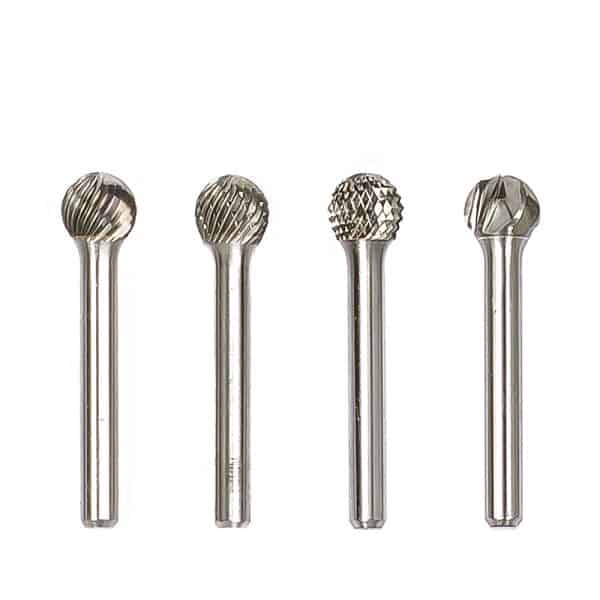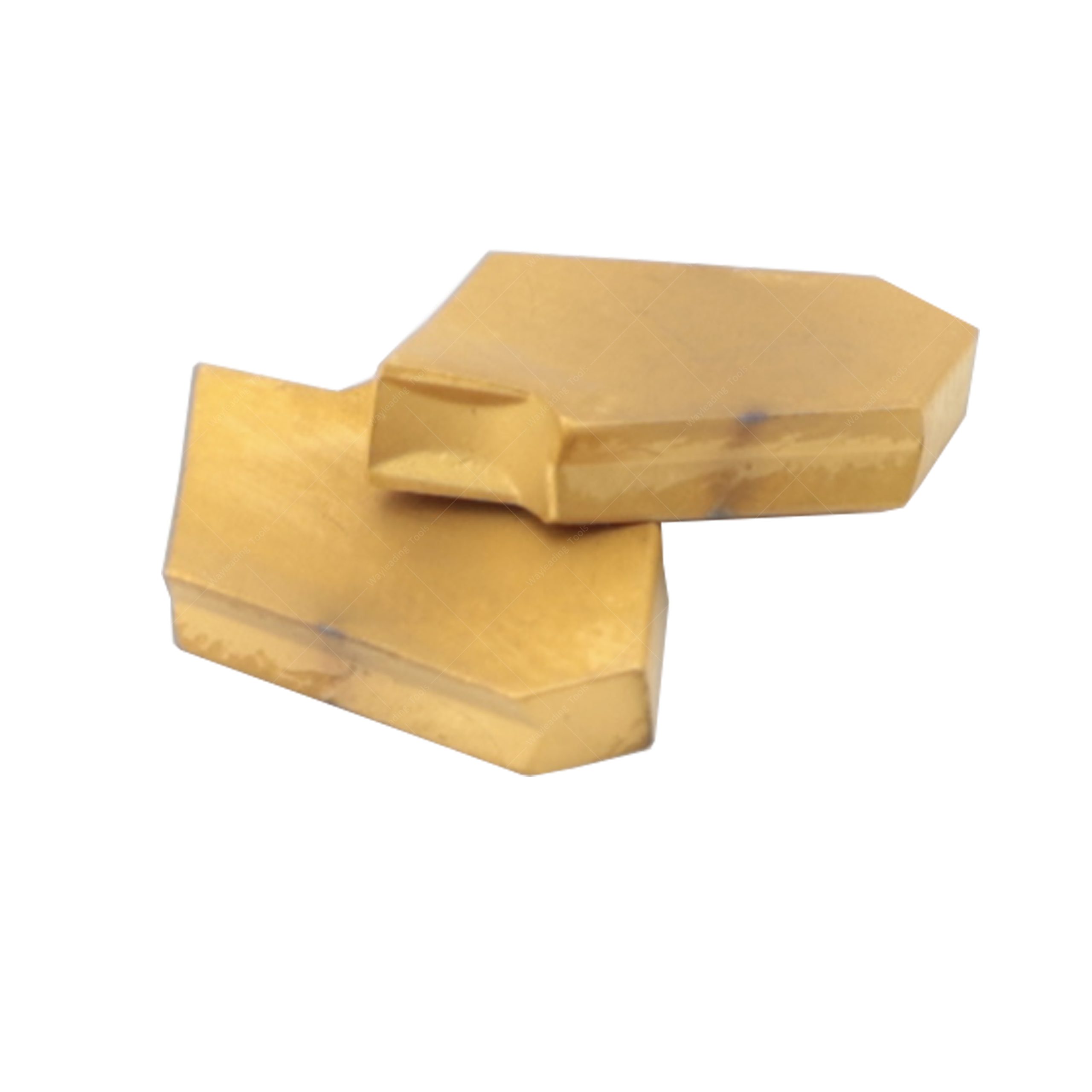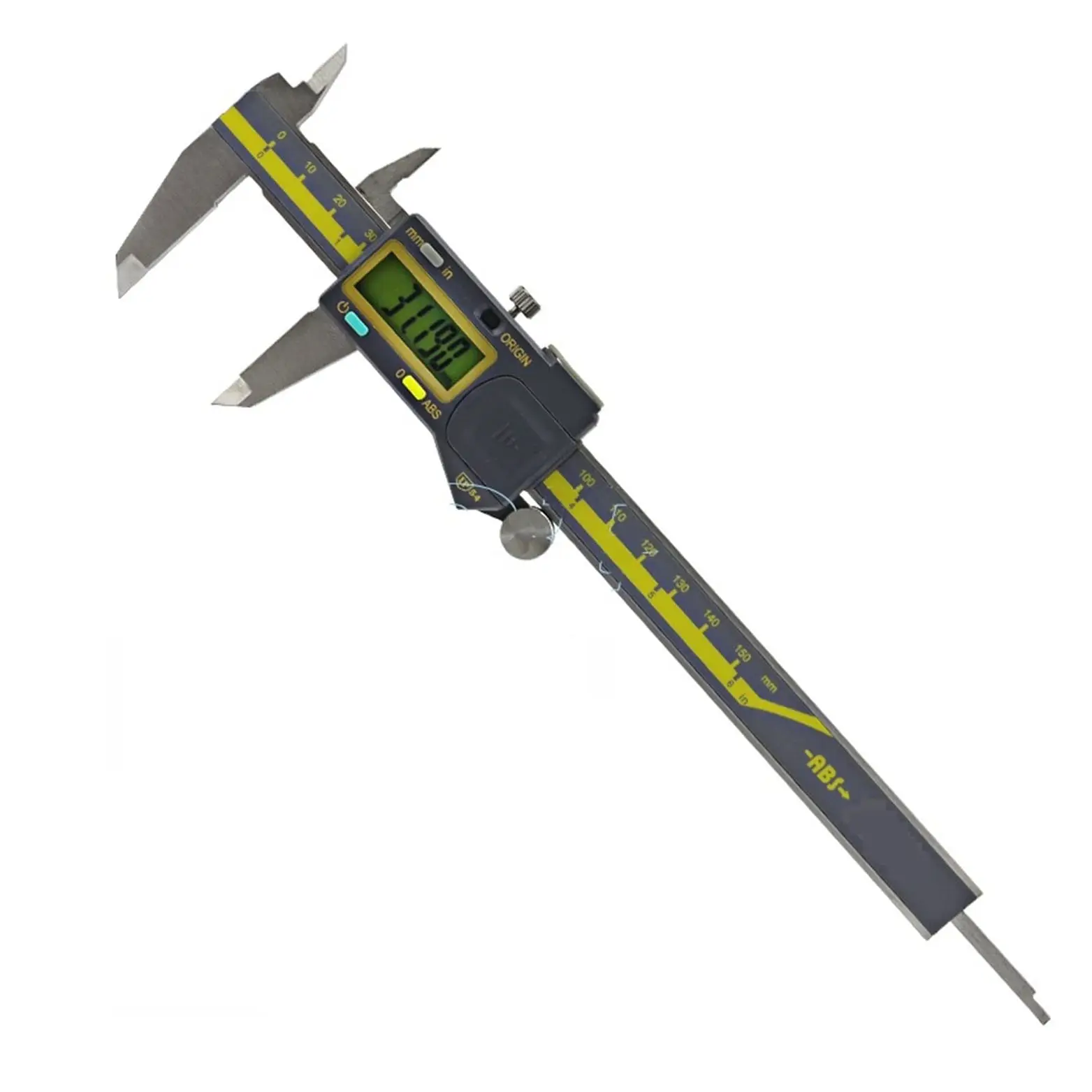dial bore gauge Suppliers
Finding reliable dial bore gauge suppliers can be challenging. This article provides a detailed overview of what to look for in a supplier, the different types of dial bore gauges available, factors influencing your purchasing decision, and tips for maintaining your dial bore gauges for optimal performance. You will also learn how to ensure you are purchasing high-quality dial bore gauges.
Understanding Dial Bore Gauges
What is a Dial Bore Gauge?
A dial bore gauge is a precision instrument used to measure the internal diameter of a hole or cylinder. It consists of a gauge head with a dial indicator and interchangeable extension rods. These rods allow the gauge to measure a wide range of bore sizes. The gauge head is inserted into the bore, and the dial indicator displays the measurement.
How Dial Bore Gauges Work
Dial bore gauges work by comparing the size of the bore to a known standard. The gauge head has a measuring anvil that contacts the bore wall. As the gauge head is moved through the bore, any variations in the diameter are reflected on the dial indicator. This reading provides an accurate measurement of the bore's size and any deviations from roundness or straightness.
Factors to Consider When Choosing Dial Bore Gauge Suppliers
Quality and Accuracy
The accuracy of a dial bore gauge is paramount. Look for suppliers who offer gauges with a high degree of accuracy, typically within ±0.0001 inches (0.0025 mm). Suppliers like Wayleading Tools prioritize precision, ensuring reliable measurements for critical applications. Accuracy information should be clearly stated in the product specifications.
Range and Size
Dial bore gauges come in various sizes and measurement ranges. Choose a supplier that offers a wide selection to meet your specific needs. Consider the smallest and largest bore sizes you'll be measuring. Ensure the supplier has gauges with the appropriate range and extension rods. For example, Wayleading Tools offers gauges with ranges from 0.5 inches to 6 inches and beyond. Having the right size gauge ensures accurate and efficient measurements.
Material and Durability
The material and construction of a dial bore gauge affect its durability and lifespan. Look for gauges made from high-quality materials such as hardened steel or carbide. These materials resist wear and tear, ensuring accurate measurements over time. A robust design is essential for withstanding the demands of industrial environments. Inspect the gauge for solid construction and quality finishes.
Calibration and Certification
Calibration is essential for maintaining the accuracy of a dial bore gauge. Choose a supplier who offers calibration services or provides gauges with calibration certificates. Regular calibration ensures that the gauge meets the required accuracy standards. Ask the supplier about their calibration process and the frequency of recommended calibration. A certificate ensures traceability to national or international standards.
Supplier Reputation and Support
The reputation of the dial bore gauge supplier is crucial. Look for suppliers with a proven track record of providing high-quality products and excellent customer service. Read online reviews and testimonials to assess the supplier's reliability. Also, consider the level of support offered by the supplier, including technical assistance, training, and after-sales service. A reputable supplier will stand behind their products and provide ongoing support.
Types of Dial Bore Gauges
Standard Dial Bore Gauges
Standard dial bore gauges are the most common type. They are suitable for general-purpose bore measurements. These gauges typically have a simple design with a dial indicator and interchangeable extension rods. They are widely used in machine shops, manufacturing facilities, and quality control labs. They are often the most cost-effective option for basic bore measurement needs.
Self-Centering Dial Bore Gauges
Self-centering dial bore gauges have a mechanism that automatically centers the gauge in the bore. This feature ensures accurate measurements, even if the gauge is not perfectly aligned. Self-centering gauges are particularly useful for measuring deep bores or bores with tight tolerances. They save time and effort by eliminating the need for manual centering.
Small Hole Gauges
Small hole gauges are designed for measuring very small bores, typically less than 0.5 inches in diameter. These gauges have a specialized probe that can access small spaces. They are commonly used in the electronics, medical device, and aerospace industries. They require a delicate touch and careful handling to ensure accurate measurements.
Blind Bore Gauges
Blind bore gauges are specifically designed for measuring bores that do not extend all the way through a part (blind bores). These gauges have a unique design that allows them to reach the bottom of the bore. They are essential for measuring features in engine blocks, pump housings, and other components with blind bores. A typical supplier of these gauges is, Wayleading Tools.
Maintaining Your Dial Bore Gauge
Cleaning
Regular cleaning is essential for maintaining the accuracy of your dial bore gauge. Use a clean, lint-free cloth to wipe the gauge after each use. Remove any dirt, dust, or debris that may have accumulated on the measuring surfaces. Avoid using abrasive cleaners or solvents that could damage the gauge.
Storage
Store your dial bore gauge in a clean, dry place. Use the protective case provided by the supplier to prevent damage. Avoid storing the gauge in direct sunlight or extreme temperatures. Proper storage will help prolong the life of your gauge and maintain its accuracy.
Calibration
Regular calibration is critical for ensuring the accuracy of your dial bore gauge. Follow the supplier's recommendations for calibration frequency. Use certified calibration standards to verify the gauge's accuracy. Keep a record of all calibration activities. Contact Wayleading Tools to purchase high accuracy dial bore gauges.
| Gauge Type | Typical Applications | Advantages | Disadvantages |
|---|---|---|---|
| Standard Dial Bore Gauge | General purpose bore measurements | Cost-effective, versatile | Requires manual centering |
| Self-Centering Dial Bore Gauge | Deep bores, tight tolerances | Improved accuracy, faster measurements | More expensive than standard gauges |
| Small Hole Gauge | Very small bores | Specialized for small diameters | Requires careful handling |
| Blind Bore Gauge | Bores that do not extend all the way through a part | Reaches the bottom of the bore | Specialized for Blind Bores |
Conclusion
Choosing the right dial bore gauge supplier is essential for ensuring accurate and reliable bore measurements. Consider factors such as quality, range, durability, calibration, and supplier reputation. By selecting a reputable supplier and following proper maintenance procedures, you can ensure that your dial bore gauge provides years of accurate service. When looking for your next dial bore gauge, consider the wide selection at Wayleading Tools for all your precision measurement needs.
Related products
Related products
Best selling products
Best selling products-
 HSS Threading Taps – ISO 529, Straight Flute, Spiral Flute & Spiral Point
HSS Threading Taps – ISO 529, Straight Flute, Spiral Flute & Spiral Point -
 Type E Oval Tungsten Carbide Rotary Burr
Type E Oval Tungsten Carbide Rotary Burr -
 TCT Annular Cutters With Weldon Shank For Metal Cutting
TCT Annular Cutters With Weldon Shank For Metal Cutting -
 Stub Milling Machine Arbor With NT, R8 and MT Shank
Stub Milling Machine Arbor With NT, R8 and MT Shank -
 Indexable Square Shoulder End Mill For Industrial
Indexable Square Shoulder End Mill For Industrial -
 Type A Cylinder Tungsten Carbide Rotary Burr
Type A Cylinder Tungsten Carbide Rotary Burr -
 Boring Head Shank For Boring Head With Industrial Type
Boring Head Shank For Boring Head With Industrial Type -
 Type N Inverted Cone Tungsten Carbide Rotary Burr
Type N Inverted Cone Tungsten Carbide Rotary Burr -
 Type D Ball Tungsten Carbide Rotary Burr
Type D Ball Tungsten Carbide Rotary Burr -
 5C Square Collet With Inch and Metric Size
5C Square Collet With Inch and Metric Size -
 Type C Cylinder Ball Nose Tungsten Carbide Rotary Burr
Type C Cylinder Ball Nose Tungsten Carbide Rotary Burr -
 HSS Metric 4 Flute End Mills With Bright Or TiN And TiAlN Coated
HSS Metric 4 Flute End Mills With Bright Or TiN And TiAlN Coated
Related search
Related search- MCLN boring bar Supplier
- r8 emergency collet
- threading tool holder set
- american taper pipe full profile threading insert Supplier
- High-Quality bandsaw blades
- A60 threading insert Factory
- british standard taper pipe full profile threading insert Factory
- turning tool Factories
- SCAC turning tool holder Factory
- Wholesale R8 Drill Chuck Arbor










